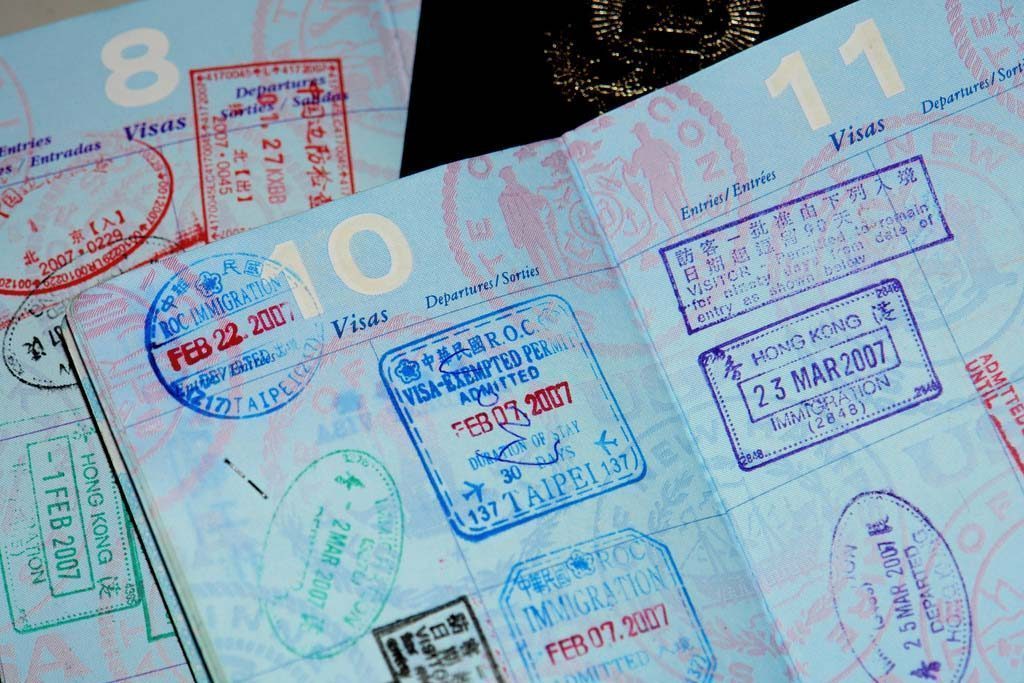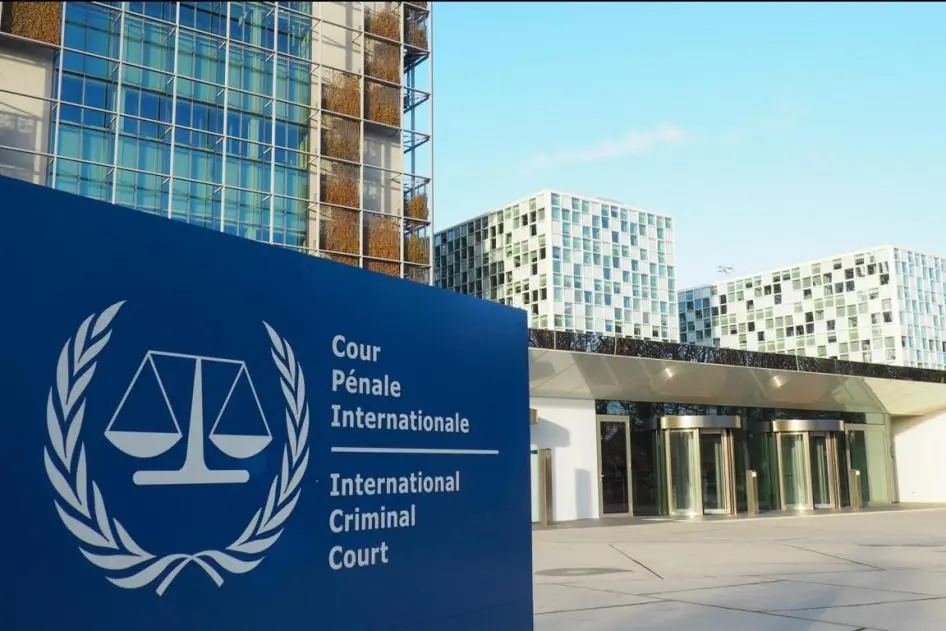
Following a recent announcement by the Ministry of Interior that would make it easier to report “runaway” workers in Qatar, human rights activist Aakash Jayaprakash weighs in about the message the statement is sending.
Jayaprakash, who was born and raised in Qatar, is currently pursuing his Master’s in Public Policy at the National University of Singapore. He has worked on issues of migration in Qatar for about eight years, and was also a worker welfare specialist in Qatar Foundation. He also founded Migrant Support-Qatar, a civil society organization that provides relief to migrants in terms of food, advice in lodging complaints and other immediate needs.
To make it easier for residents to conduct government-related business such as securing exit permits, renewing their residencies and paying traffic fines, Qatar has been working to refine its e-government services.

It has also begun rolling out multi-lingual electronic kiosks through which workers can lodge labor complaints – an encouraging step.
But earlier this week, the Ministry of Interior announced that the government’s Metrash2 mobile phone app would now also enable sponsors to lodge complaints against “missing” and “runaway” workers.
In a statement, MOI explained that sponsors could save time and effort by electronically reporting such incidences, which would be instantly sent to the Search and Follow-up Department (SFD). Further, the Peninsula’s report states:
“Sponsors can also submit the passports of the absconding workers within 48 hours to the department.”
This direction implies that sponsors are already in possession of an employee’s passport.
If this were the case, it would be a contradiction to Article 9 of Qatar’s Sponsorship Law, which states:
“The sponsor shall deliver to the sponsored person his passport or travel document after finalizing the residence formalities or after applying for the renewal thereof.”
Holding on to an individual’s passport is currently punishable by a QR10,000 fine.
And in May, Qatar authorities pledged to increase this fine to QR50,000 for each instance of passport confiscation, in a bid to weed out the practice.
So this latest statement from the MOI raises many questions:
- Is the sponsor expected to hold on to the passport of the worker in case they go missing?
- Are sponsors allowed to ask for the passports of employees in case they are suspected of planning to “run away?”
- If the sponsor reports an absconding employee and submits his/her passport to the government, would he/she be fined by the ministry for having the document in the first place?
Common excuses
The most common explanation I have come across by companies holding onto passports is that workers may lose them, so it’s a matter of safekeeping.
In many instances, companies have their employee sign statements saying that they have given permission to their sponsor to hold on to their passports.

But there’s another way.
Instead of retaining other people’s passports, companies can provide employees with a lockable storage area where they can safely keep valuable documents, including passports, employment contracts and ID cards (all which are required by Qatari law to be possessed by the individual).
Issuing governments also require that passports be held only by their bearer.
A crucial point
In instances of worker abuse, exploitation or human trafficking, access to the justice system here often requires the individual to have his passport or a copy of it.
The term “runaway” (which I am against for various reasons as I have articulated here) applies to situations in which workers in Qatar become undocumented after leaving their employers without informing them.
This has been a choice made by professionals, domestic workers and low-income workers alike. Many leave to pursue better financial prospects elsewhere, or because of job dissatisfaction, or to escape mistreatment at the hands of their employer.

But when individuals in Qatar are seeking to return home, things get can very complicated if, despite securing a flight ticket and an exit permit, they are unable to obtain their passport. This is not a theoretical situation, but one I have seen repeatedly.
Much of the discontent felt by “runaway” workers can be attributed to the current kafala system, in which employees do not have the freedom to switch jobs without the permission of their cur-rent employer.
However, the government has pledged to improve the rights of foreign workers in the country by making it easier to change jobs and obtain exit permits.
Still, it remains unclear when the proposed reforms will take place and what form they will take.
Thoughts?







